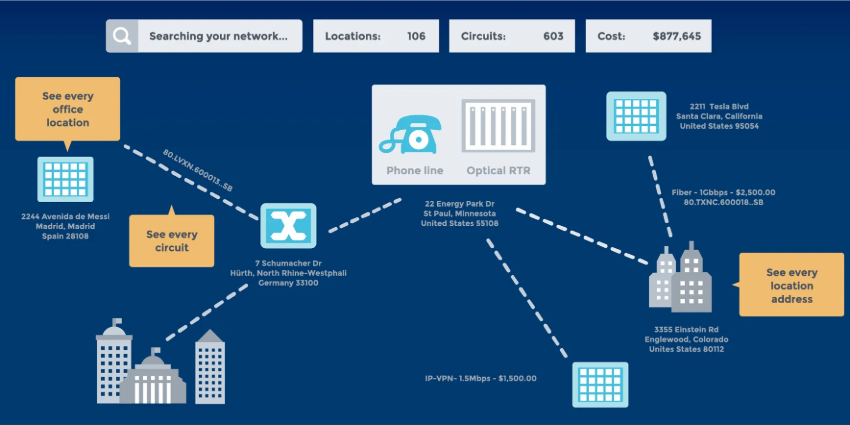One in ten workers in the UK currently feels unproductive in their current role, according to research commissioned by RingCentral.
The company surveyed 1,002 UK workers aged between 21 and 65 to look into the productivity benefits of a hybrid working model over jobs that are based in an office full-time.
The study found that despite ten per cent of workers feeling unproductive, more than half of UK workers (51 per cent) feel more productive when they work from home.
Louise Newbury-Smith, Country Manager, UK and Ireland, RingCentral, said: “Productivity is the backbone of the UK economy, and business leaders need to ensure they are doing everything they can to maximise output, given the gloomy economic forecast.
“With ten per cent of the workforce currently feeling unproductive, businesses should consider anything that has the potential to improve workforce productivity.
“The data sends a clear message: businesses that want to keep their workforce productive must cater to modern needs and offer a hybrid working environment, or risk suffering during the recession.”
“The pandemic proved that with the right collaboration tools, it is possible to connect and empower the workforce and build highly productive teams, all the while giving employees the flexibility to manage work around other commitments.”
Employment Burnouts
With economists predicting the UK will face the worst and most prolonged recession in the G7 group of countries, RingCentral is urging business leaders to embrace a hybrid working model.
The company states this is to avoid additional suffering during the recession and prevent workplace burnout.
RingCentral’s research found that almost a quarter (22 per cent) of workers who operate full-time in an office said they feel burned out at work, compared to 15 per cent of hybrid workers.
When discussing productivity and work-life balance, hybrid workers are more likely to say that they feel more productive and have a better work-life balance.
One-fifth (20 per cent) of full-time office workers say they feel unmotivated, compared with 17 per cent of hybrid workers.
Quiet Quitting Rises
‘Quiet quitting’ involves workers only doing the minimum required to complete their jobs and engaging only what is required.
Quit quitters also tend not to go above and beyond, such as volunteering for different projects or tasks.
RingCentral found that there is a big difference in how seniority within a business affects viewpoints on quiet quitting.
The research revealed that over half (54 per cent) of business decision-makers say they are quiet quitting and disengaging from their work, compared to 40 per cent of non-business decision-makers.
The findings don’t come as a surprise given that nearly a quarter (24 per cent) of decision-makers say they feel burned out, compared to 18 per cent of non-business decision-makers.
Hybrid Working is Preferred
RingCentral found that 20 per cent of workers say they dread working from an office, and less than one in ten (eight per cent) of information workers say they want to be in an office every day.
The results show that flexibility is so important to employees that many would undergo drastic changes.
Fifty-eight per cent would change jobs or industries to ensure they can work in a hybrid or remote environment.
Sixty per cent of UK workers surveyed said they would rather work remotely or in a hybrid environment for an extra three years over working in the office full-time for the rest of their career.
Hybrid Working Could Have a Negative Effect
Research published earlier this month by the University of Nottingham found that hybrid working could harm the prospects of young and low-salaried UK workers.
The study set out the pros and cons of hybrid working, with some workers improving their mental health while others said they found it more challenging to switch off at home compared to the office.
Researchers found that the youngest respondents reported lower levels of well-being than any other age category. The survey said under-20s ranked 9.7 per cent lower for well-being than those aged 21-30.
The youngest age bracket was also ranked 10 per cent lower than people in the 31-40 and 41-50 age brackets.
The study also found that engagement within a hybrid working environment is lower among young employees, with under-20s reporting 17 per cent less engagement than the 21-30 age bracket and 18 per cent lower than the 31-40 and 41-50 age brackets.







